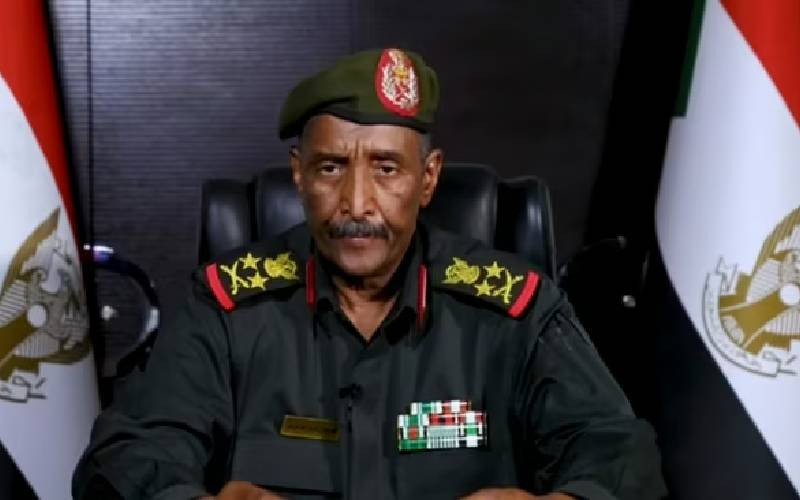×
The Standard e-Paper
Join Thousands Daily

Sounds of sporadic shelling could be heard into the night Friday in Sudan's capital, despite renewed cease-fire declarations from Sudan's military and a rival paramilitary force locked in heavy clashes for the past seven days.
Neither side had immediate comment on an offer from Kenyan President William Ruto to mediate the conflict, which has killed hundreds and prompted thousands of Khartoum residents to flee the city.